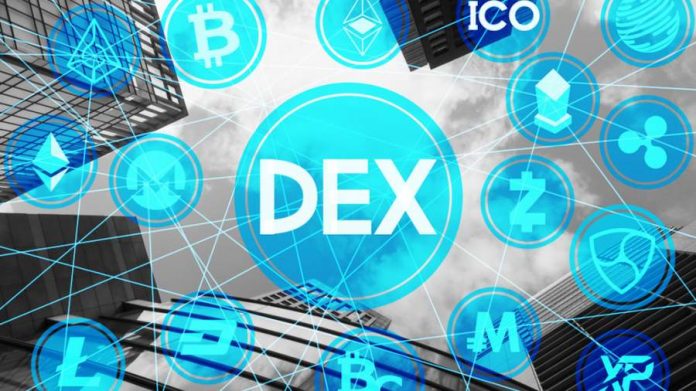The foundation of blockchain technology is decentralization. And it’s impacting a lot of established banking services. Decentralization redistributes power from a few individuals to many by allowing transactions to occur without a central third-party intermediary such as a bank or financial organization. Despite this, some investors have been confined to investing in digital assets through centralized exchanges that did not adhere to the ecosystem’s basic concept. This gap gave birth to some of the best decentralized exchange, which provides a decentralized platform for trading assets without trusting their money with another entity.
A decentralized exchange (DEX) is a digital currency exchange that allows users to acquire cryptocurrencies directly via a secure web platform without an intermediary. It is a break from traditional centralized exchanges where a third-party organization, like a bank or other government institutions, takes custody of user money and controls the security and transfer of assets between two parties in a normal transaction. Some of the advantages of DEX that are worth knowing about are discussed in this article.
1. Your Funds Remain In Your Control
A ‘trading account‘ must deposit cash for stock purchases or receive funds when selling equities on a typical stock exchange. The trading account on centralized crypto exchanges is an e-wallet provided by the exchange. Having an e-wallet on a centralized exchange is fraught with counterparty risks due to cyber-security concerns.The exclusion of an e-wallet supplied by the exchange to enable transactions distinguishes a decentralized exchange. To conduct trade transactions on a DEX, you do not need to transfer funds to a wallet or trading account. You keep control of your cash in this situation, which is a crucial aspect of a crypto platform.
2. It’s Completely Safe And Secure
As part of its normal functioning, a centralized exchange collects essential and sensitive data. Every transaction in your e-wallet, for example, requires the usage of a private key. Your personal key information is registered and kept on the exchange’s servers.Trading on a decentralized exchange is possible thanks to the usage of an external wallet. Your private key information is not stored on the exchange’s computers, providing you with complete control over your wallet and assets.
3. It Is Less Expensive
A decentralized exchange is often less expensive than a centralized exchange, which must incur additional expenses in setting up and maintaining infrastructure to provide clients with dedicated and secure wallet services. Many of the exchange’s complex operations are now automated and self-regulated, thanks to smart contracts.
A decentralized exchange makes use of the network on which it runs to provide low-cost services. New blockchain networks have emerged that are more efficient, have more capacity, and are more cost-competitive. Customers may benefit from lower transaction costs if decentralized exchanges employing these networks are used.
Centralized exchanges will eventually shift to decentralized exchanges, but both sides must upgrade. Platforms must give improved security tools and information on common concerns and recommended practices to defend their users. For cryptocurrency users to fully realize their potential, they must switch to the best decentralized exchange, which is in line with the decentralized nature of blockchain. Education is on its way, and most of the current technical barriers will most likely be solved very soon.






























































